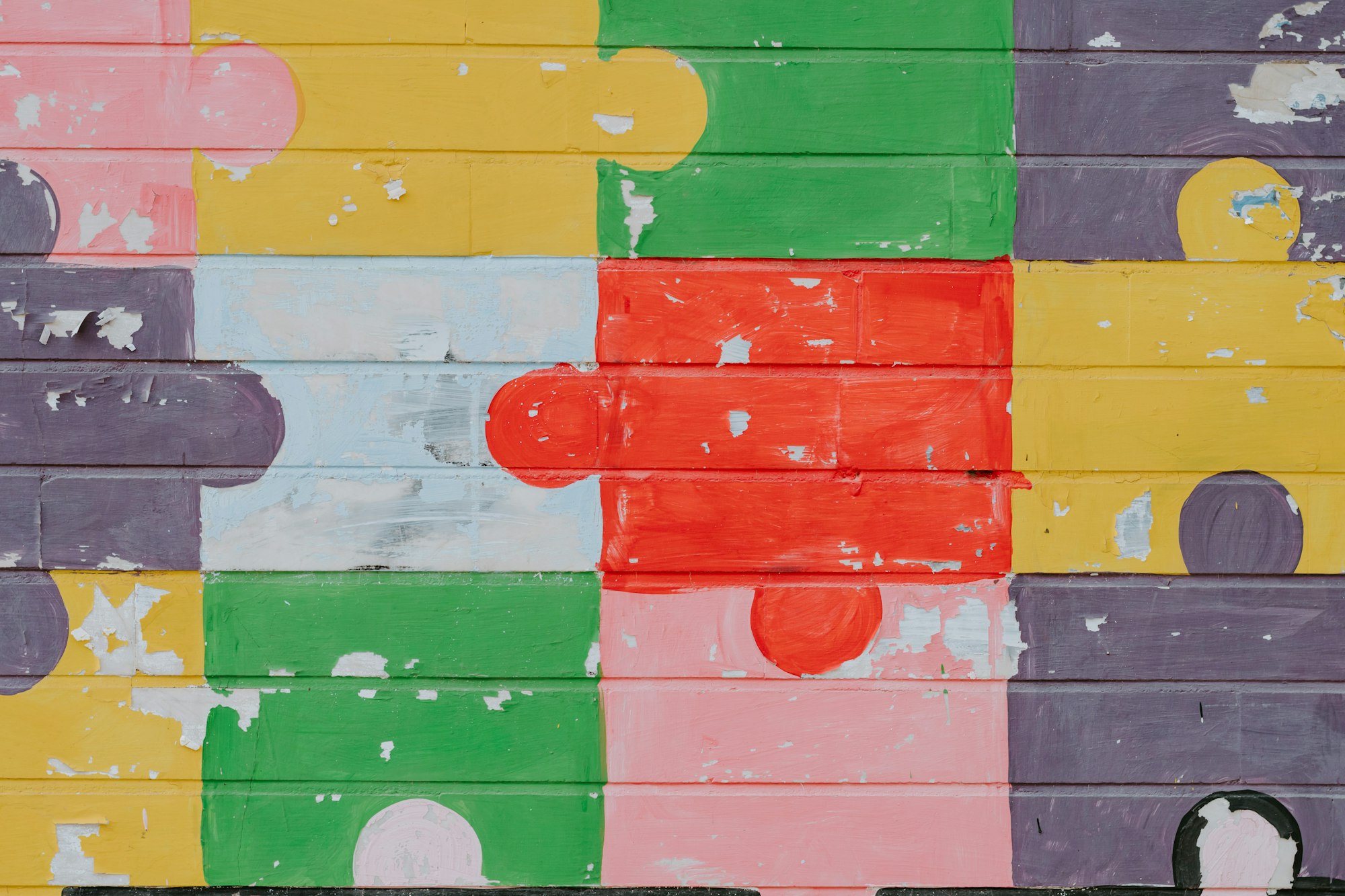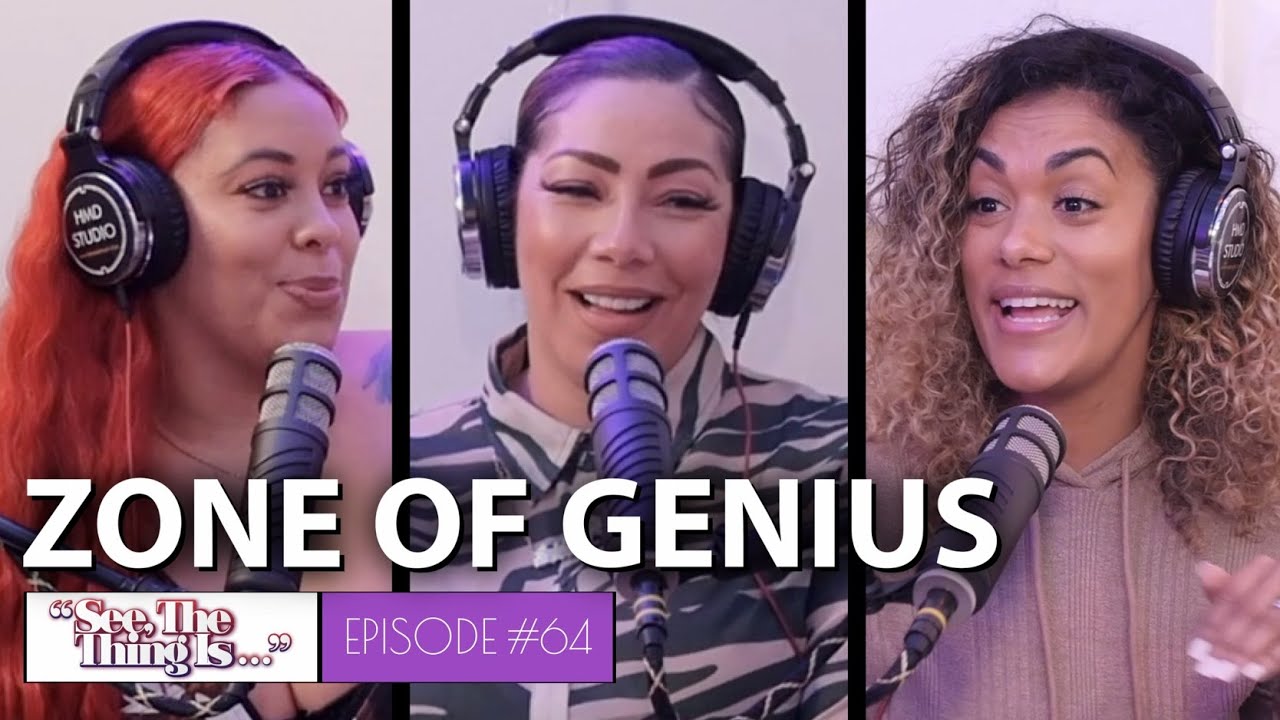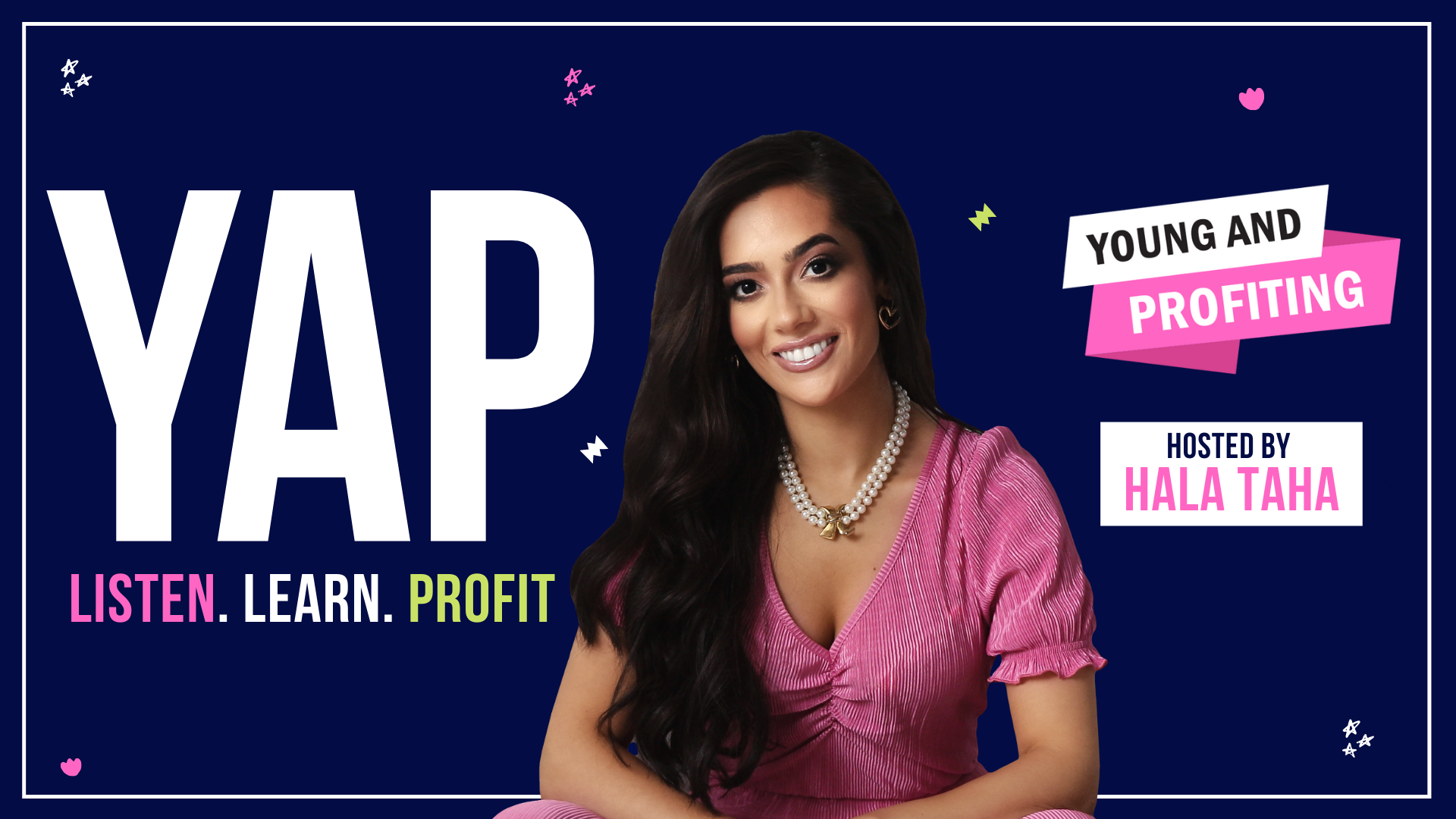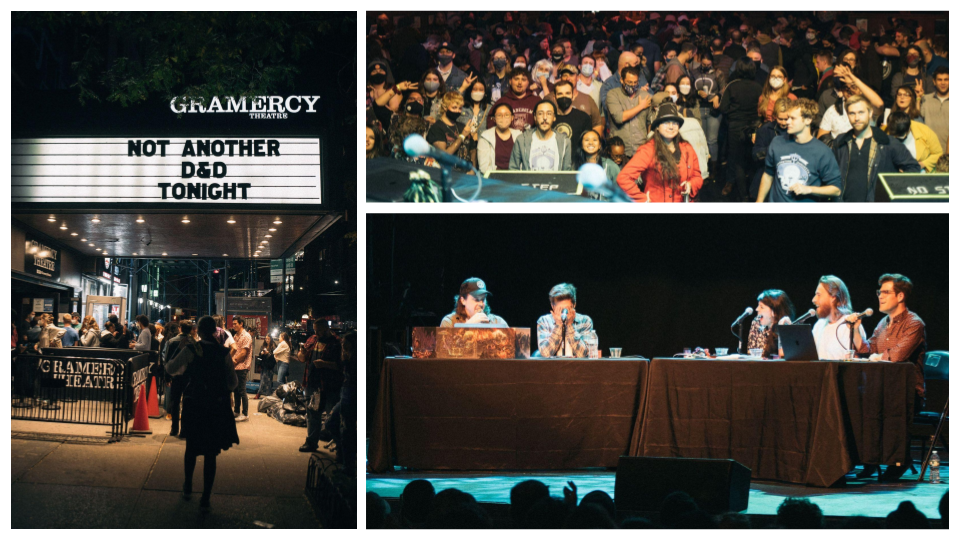Part I: Picking a Podcast Monetization Strategy that Works
Podcast monetization isn't a one size fits all situation. It depends on your goals. When deciding on a podcast monetization technique, here's what to consider.

At Gumball, we work with independent creators to help monetize their podcasts. These interactions reveal the various challenges faced when approaching podcast monetization. Over the course of the next few weeks, we will release articles aimed to grow awareness around monetization and guide podcasters to better assess their options.
Here, we delve into the methods of podcast monetization and which best suits each podcast type or podcasting stage. While there are many resources on the ways to monetize your podcast, there are limited insights on what kind of technique works best and when.
When podcasters begin their journeys, it takes a while to establish routines surrounding the production and promotion of their podcast. Only when these practices are set, episodes are regular, and the show starts to get some traction can one muse if this can turn into an income stream. Or at the very least, pay for itself.
As a general rule, it’s best to start considering monetization after a minimum of 3 months of consistent podcasting has passed. But podcast monetization isn't a one size fits all situation. It depends on your goals. When picking a podcast monetization technique, carefully consider:
Where’s your podcast at?
Consider how many consistent downloads you’ve had. Also, what is your listener engagement like; is this a podcast around which a community can be built or is it more of a broadcast-style show?
What do you want to achieve from this monetization?
While any money is good money in podcasting, it is worth considering what amount is good enough for you. Usually, when people think of monetizing their podcast they go the route of selling ads. In order to make real money selling ads on your podcast, you have to reach (and maintain) a threshold listenership to make meaningful revenue doing this. The average CPM for host-read ads hovers around $25. This means that at 10,000 listens per week, you can earn $250 for a single host-read ad booked. While $250 is not nothing, it sure isn’t enough to have you quit your day job.
The answers to these questions might change as the podcast (and the team behind it) evolves. However, having a blueprint to begin with is advisable. Armed with at least a general idea, let’s look at what usually works best when.
Podcast Monetization Techniques:
1. Advertising (host-read, programmatic, and YouTube)
What: Selling ad inventory is the first thing that comes to mind when one thinks about making money from a podcast. There are different types of advertising (host-read and programmatic) and various methods of ad delivery (embedded and dynamic ad insertion). You can also syndicate your show to YouTube to extend your host-read ads, as well as open yourself to the platform’s built-in marketplace for monetization.
Example: Since podcasts selling ad inventory are a dime a dozen, our example is for YouTube syndication: the podcast See, The Thing Is employs this method.
Ideal when: You have a minimum number of sustained downloads per episode. To actually make meaningful money off the $25 CPM, we recommend 10K downloads/episode, for at least five episodes. The same applies to YouTube when incorporating "Verified Views" into what inventory you are selling, which we can support selling in Gumball.

2. Referral Sponsorships (includes affiliate marketing)
What: This technique sees podcasters recommend products to listeners and monetize sales by placing unique and trackable URLs in the episode description. Sponsorships are usually acknowledged at the beginning of the episode and sound like “this episode is sponsored/brought to you by…”
Example: Young and Profiting with Hala Taha employs this method in addition to selling traditional advertising, providing sponsors many opportunities to activate their CTA messaging across her podcast's online communities.
Ideal When: 1) You don’t want to wait for a minimum number of downloads to begin monetizing. 2) If the sponsoring brand is complementary to your podcast.

3. Member-Support (Patreon, Supercast, Supporting Cast, Apple Podcast Subscriptions)
What: Asking for listeners to support the show by either engaging them in a Patreon pay-what-you-want pricing model or subscription tiers via the likes of Supercast, Supporting Cast, and now Apple Subscriptions. Subscribers and supporters of higher tiers can also be welcomed into a Discord, Slack, or Facebook community where they gain access to exclusive content.
Example: The show Breaking Points used Supercast’s subscription-based model for monetization and benefited from it.
Ideal When: We advise considering this when you see at least ~500 downloads per episode. Moreover, this also works when you’re making more content than your listeners (and free feed) can keep up with. Keep in mind that you’ll need to have something unique and more substantial than just an ad-free version to offer when using this monetization technique. This method also works well when the podcast’s main topic gives rise to a community that has more in common than listening to your podcast. Be it a civic issue, wine snobbery, or love for a music genre, there needs to be an aspect around which your community can engage without you having to be actively involved at all times.
Pro-tip: specifically regarding the new kid on the block, Apple Podcast Subscriptions, check out what Jack Rhysider of the Darknet Diaries has to say about his experience.
4. Merchandise and Live Events
What: A straightforward one, you can sell merch on your website. This is also a pretty common monetization technique among podcasts that have a niche following, especially of the fiction and TTRPG genres.
Example: TTRPG show Not Another D&D Podcast sells some pretty sweet merch and hosts live events.
Ideal When: Typically works best when your podcast enjoys an engaged listenership. It doesn’t hurt to have a community that loves a good inside joke or two.

5. Ancillary Revenue Streams
What: When the podcast forms a part of the complete customer funnel, it can sprout ancillary revenue streams such as live events, books, newsletters, and coaching classes. You can either pitch to be paid to speak at podcasting events or to speak at events on the same topic as your podcast — it's also a terrific way to cultivate strategic partnerships within your niche.
Example: Finance show The Talk Money Podcast uses the podcast as a top-of-the-funnel method to draw people into their premium membership which consists of finance guides.
Ideal When: Honestly, when you have something to say that would add value. Also, if you’re using your podcast as another customer touchpoint, it’d be useful to be clear on the purpose your podcast serves in the marketing funnel.
* * *
While the purpose of monetizing your podcasts is to make you money, the hidden purpose is also to make this money without losing listeners. Our conversations with podcasters suggest some hesitation on approaching monetization stemming from the fear that they might lose listenership once they begin monetizing. We unpack these challenges — and more — in part two of this series.
If you’d like to learn more about how Gumball can support your efforts selling host-read ads for your podcast, provide some initial info here and someone from our team will be in touch to schedule a demo. For advertisers, browse our marketplace of podcasts here to book your first campaign!